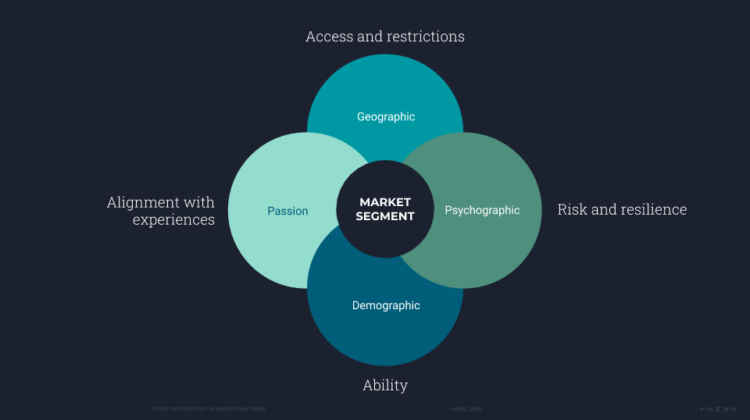
Tourism must lead to a better future – Find and Target our audience
For the past year and a half, we have been experiencing a global health crisis that has particularly affected the tourism sector on which our economy in Paros is entirely dependent. In addition, we increasingly realize that this sector will no longer be the same in the post-Covid period. We should have reasons to be concerned about Paros’ resilience to changes and crisis, knowing that one of the significant factors for a community’s resilience is its degree of information, participation, engagement.
To tell the truth, the island has been on autopilot since the beginning of its tourist career. This has more or less worked until recently, but we already saw the machine stalling before the health crisis with the advent of disruptive changes brought by hypertourism and global booking platforms. And we see it again this year, where the problems of mobility, waste management, water supply have reached extreme limits.
The crisis has imposed a propitious pause to distance oneself and reflect. It has fostered the need for accelerated experimentation with new organizational practices. And this is what happened on Paros at the beginning of the first lockdown with the advent of a group of tourism professionals from Paros who took advantage of this break to launch a bottom-up dynamic to change Paros’ tourism ecosystem. Collaborations between professionals and the community to create synergies, developing a strategy for tourism, construction of the destination’s branding, and marketing campaigns were on the agenda. The Group researched DMO practices in other destinations around the world. DMOs (Destination Management, or Marketing, Organisation) are structures where ideally, local public administration, entrepreneurs and civil society are represented and retain the upper hand to manage the destination consensually and effectively.
Contacts have been established with the town hall to invite it to participate in this dynamic. Unfortunately, the town hall, accustomed to operating from top to bottom, in isolation, has badly accepted this initiative, interpreting it as a challenge to its policy or its lack of policy! It should be known that the tourism policy of the island, if there is one, is not at all the responsibility of the municipal tourist committee, whose prerogatives do not go beyond the choice of fairs where Paros will be represented. Marketing and Public Relations of the island are subcontracted externally to a consulting company. Singularly, this company has also reacted badly to the project to create a DMO.
At the insistence of the Group for a meeting with the authorities of the town hall, a videoconference finally took place at the beginning of March. On the agenda was the study for the creation of a DMO managed by competent and consensual people, the development of the digital tools essential to a tourist destination, and for the short term, the functioning of the tourism committee, which lacks transparency and the Covid crisis management committee, which had been conspicuous by its absence the previous year. In reality, the meeting was characterized by the determination of the representatives of the town hall and the consulting company represented in imposing numbers to dodge the agenda. First by the mayor’s insistence on trying to convince that everything is going very well in the best of all worlds, followed by a proliferation of presentations of the activities of the consulting company, trying to convince that Paros was in good hands. In fact, the consultants’ campaigns are representative of an old school of marketing.
All of this is representative of a culture of opacity and top-down decisions, as opposed to the need to engage the community, which is, in fact, itself the actual tourism product, in widely understood and accepted policies. Because in the meantime the Ministry of Tourism had announced the development of a law on DMOs, the mayor took the opportunity to declare that he did not want to embark on this path before the implementation of this law. The concern is that we can foresee that this law, coming from a centralizing government, will not define the DMOs as consensual bodies of local management, as they must be, but as a body under the supervision of the central administration.
A few weeks later, the city hall announced the creation of an “Agency for the Sustainable Development of the Islands”, in cooperation with Antiparos, Naxos and Amorgos, which will take charge of development projects that municipalities have difficulty carrying out because of their bureaucratic restrictions. Collaboration between the islands is absolutely desired, but these municipal agencies usually just manage projects while there is an urgent need to make difficult decisions, necessarily innovative, understood and approved by the community, in order to assure the viability of the island, the quality of life of the inhabitants and visitors, the cultural physiognomy and the identity of the place. And ultimately ensure its resilience in these times of anticipated crises.
The Local Tourist

Leave a Reply